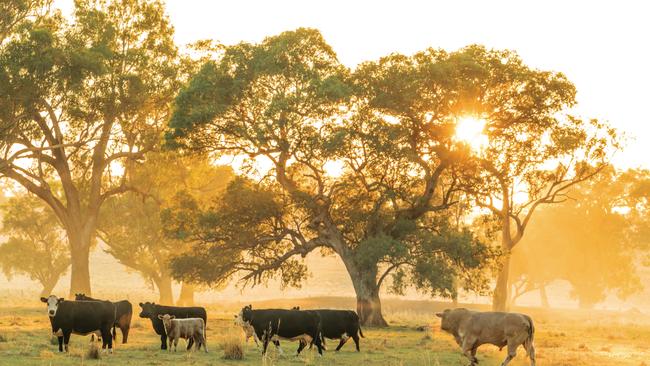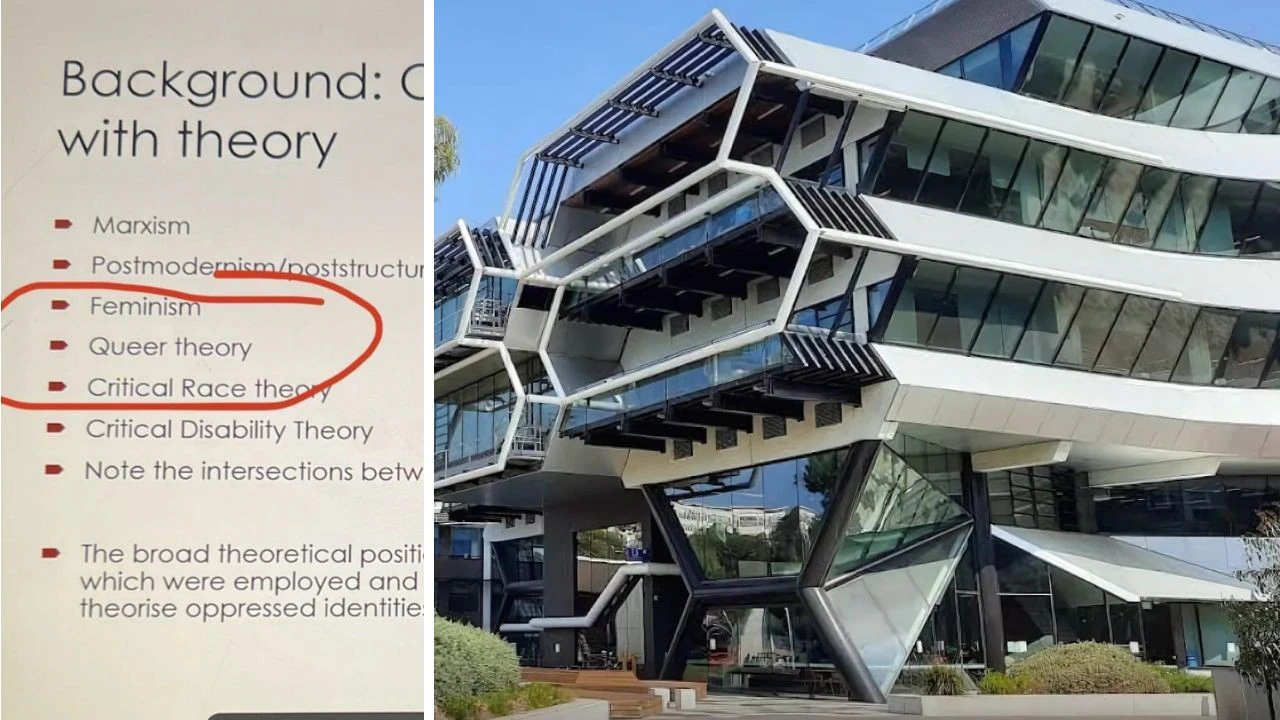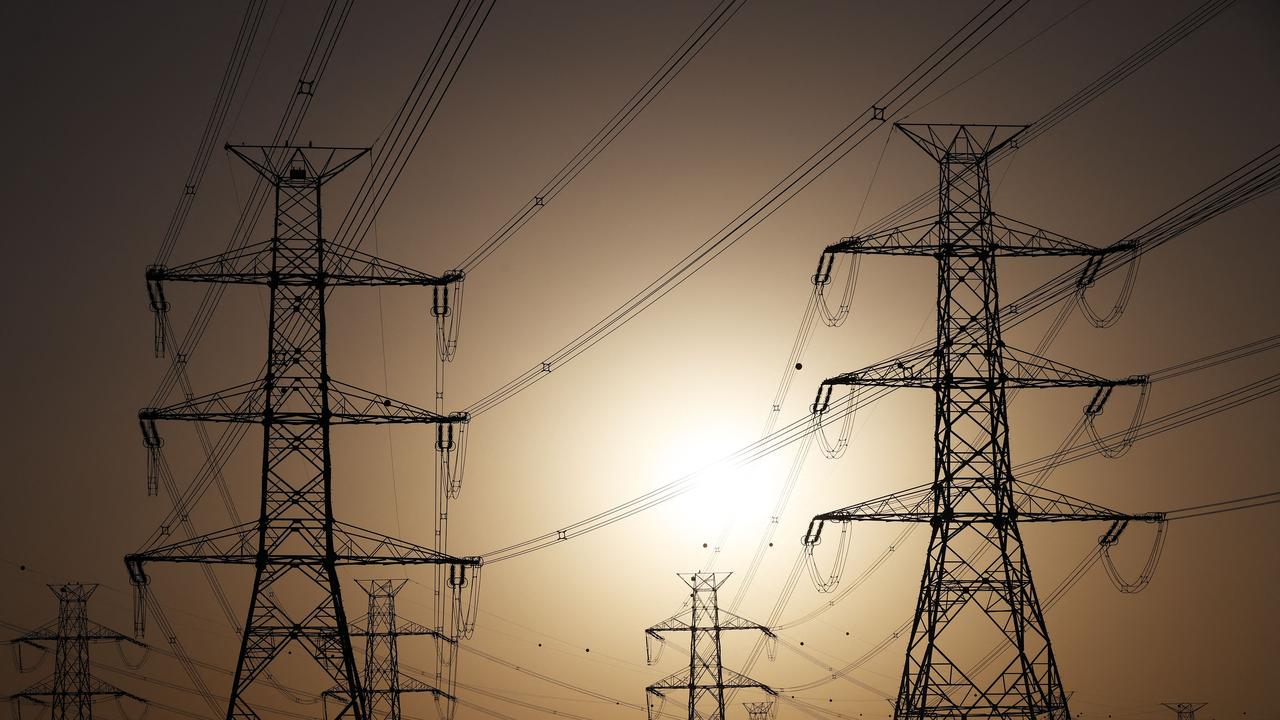Farmers needed to achieve net zero, says Grattan Institute
Australia risks being slapped with carbon tariffs if agriculture’s emissions are not curbed, a new report argues.

Australia should include farmers in a net zero by 2050 commitment and use taxpayer funded offset practices to curtail the sector’s rising emissions output, a new report by the Grattan Institute argues.
The findings come as Nationals leader Barnaby Joyce on Sunday confirmed that discussions were underway about a plan to achieve carbon neutrality, but vowed his party would not support an approach that cut regional jobs.
The report said farming should not be carved out of a net zero plan if Australia wanted to avoid its exports being slapped with overseas carbon tariffs. The Nationals had previously flagged potentially caving out agriculture from an emissions reduction strategy.
Agriculture was responsible for 15 per cent of Australia’s greenhouse gas emissions in 2019, equivalent to 76.5 million tonnes. The majority of emissions came from cattle and sheep grazing. Emissions are also projected to rise to 82 million tonnes by 2030 as the industry recovers from drought.
The institute’s report said the federal government must further incentivise farmers to use low-emission technologies and practices, allocate more funding for programs to provide practical advice for farmers on reducing emissions and safeguarding their incomes and invest in research and development to help livestock producers adapt o a low-emissions future.
Additionally, it said carbon offsetting would be needed to reduce emissions and argued the costs should covered by taxpayers. Carbon can be offset by removing it from the atmosphere and storing it in trees, soil or underground.
But Energy Minister Angus Taylor said the government would not force the cost of reducing emissions onto households and businesses.
“The Grattan Institute’s starting point is to impose a carbon tax,” he said.
Mr Taylor said the Morrison government’s emissions reduction plan – to be released ahead of the UN’s Glasgow climate change conference in November – will focus on initiatives that do not impose a cost on taxpayers.
“That includes initiatives like getting the cost of new technologies to parity and supporting the development of voluntary markets like the Emissions Reduction Fund,” he said.
Scott Morrison is facing rising pressure to agree on a climate policy with the Nationals ahead of the November summit. Liberal MPs, superannuation fund chief and business leaders are urging the Prime Minister to commit to a net zero by 2050 target. It comes after Josh Frydenberg used a speech last week to warn that Australia would face higher borrowing costs if it was perceived to be lagging behind on the global stage.
But some Nationals like Queensland MPs Matt Canavan and George Christensen remain staunch opponents to a carbon neutrality goal.



To join the conversation, please log in. Don't have an account? Register
Join the conversation, you are commenting as Logout